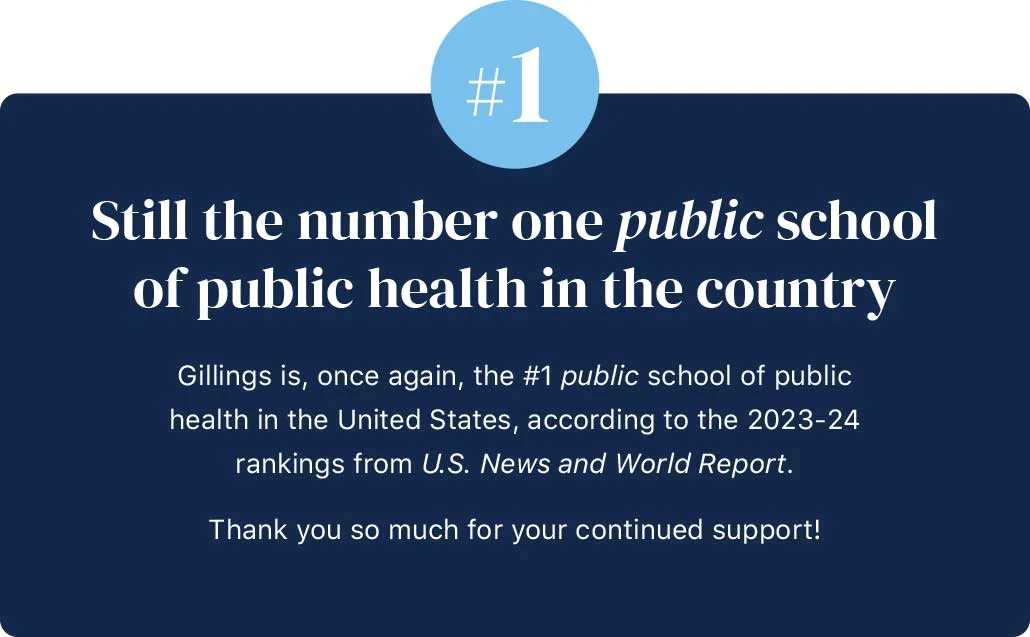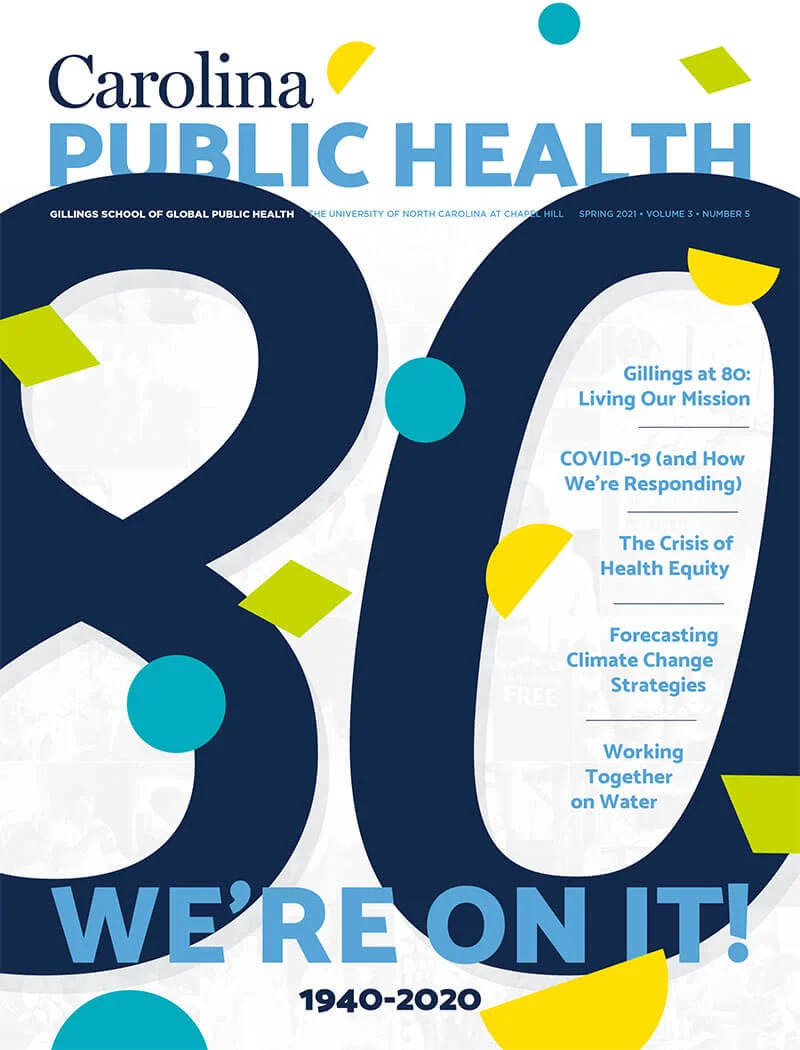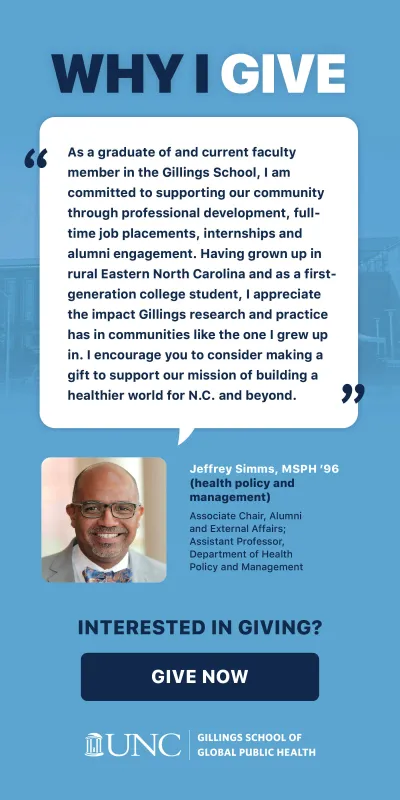Partnerships with purpose: Key partnerships both near and far yield global impact
From its earliest days, the Gillings School built partnerships in nearby communities – and across the world – to support critical public health research, practice and student learning.
The collaborations have grown too numerous to detail each here, but they are all an important part of the School’s unique collaborative environment for advancing the field of public health

One of the Gillings School’s greatest strengths is that collaboration is at the heart of its culture. The relationships the School has built over the years continue to expand its worldwide reach.
Peggy Bentley, PhD, former Carla Smith Chamblee Distinguished Professor of nutrition and associate dean for global health, was a key force behind many of the partnerships that give students the opportunity to practice public health in a real-world environment.
“It is really important for our students to get that practical experience,” said Naya Villarreal, MPH, Gillings global health associate director of research, innovation and global solutions. “We are grateful for Peggy’s vision and these partnerships that help us train the next generation of public health workers.”
“The fellowship program is a win-win-win.”
FHI 360 – an international nonprofit human development organization headquartered in Durham, North Carolina – spun out of UNC’s Carolina Population Center nearly 50 years ago. Since 2004, the Gillings-FHI 360 partnership has included research collaborations, sponsorship of the annual Water and Health Conference, and the FHI 360-UNC Global Health Research Fellowships, which have benefited 39 Gillings students with tuition and stipends, training, and mentorships.
“The fellowship program is a ‘win-win-win,’” said FHI 360 Chief Science Officer Timothy Mastro, an adjunct epidemiology professor at Gillings and a global health physician. “It’s a win for FHI 360 to get two-to-three incredibly bright graduate students each year; it’s a win for Gillings because we pay for tuition, which is a nice attractant when you’re recruiting students; and it’s a win for the students who do the program and get this wonderful mentoring experience.”
The School’s 11-year relationship with global nonprofit IntraHealth International has given more than 40 graduate students real-world experience as UNC-IntraHealth Summer Fellows. Fellows receive a $5,000 stipend to spend 10 weeks at the nonprofit’s Chapel Hill office, where they are fully integrated into the organization’s work – collaborating with staff, being guided by assigned mentors and gaining practical experience.
“The fellows always bring valuable perspectives to their individual projects and to IntraHealth as a whole,” said Emily Kiser, MPH, a Gillings alumna and IntraHealth strategy and development officer. “Each year we look forward to the infusion they bring of enthusiasm and new ideas.”
The School’s partnership with RTI International accelerates innovative clinical and public health programs. In 2018, RTI and Gillings launched a $500,000 initiative, UNC Gillings-RTI Initiative to Maximize Partnerships and Catalyze Teamwork (IMPACT), and jointly seeded three research projects. The active research portfolio of Gillings-RTI projects is more than $7 million; the number of RTI researchers who are adjunct faculty has doubled since this partnership began.
“North Carolina is fortunate to have these two amazing institutions here who can have even greater impact in the world by working together on critically important public health issues,” said Gillings Professor of the Practice Leah Devlin, DDS, MPH, who helped create the partnership.
Since 1999, the North Carolina Institute for Public Health (NCIPH) has been a bridge between academia and public health practice partners – providing training, coaching, technical assistance with community health assessments and accreditations, facilitating discussions with other partners, and other forms of support.
“One entity can’t do it all, but if we work together, much can be accomplished,” said NCIPH Director Doug Urland, MPA, who was a local public health director for almost 25 years before leading NCIPH. “We want to help communities build capacity so they can continue and sustain the work and have a lasting positive impact on health.”
Farther from home, Gillings has longstanding research-based partnerships in Malawi, Zambia, Vietnam and China, as well as the Galapagos Islands, where students and faculty travel to work with local health partners and researchers from other institutions.
Partnership examples through time
1940s: School faculty begin serving as consultants to health agencies in developing countries
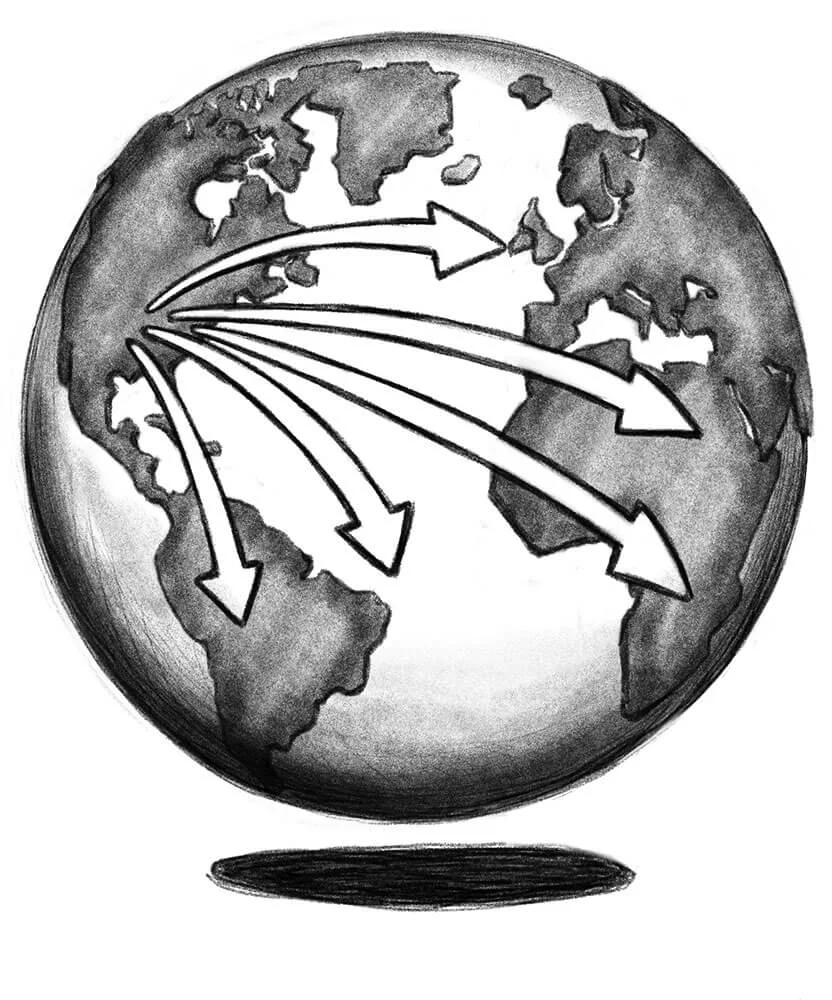
1945: The School helps establish a Department of Health Education at the N.C. College for Negroes (NCC) in Durham.
1948: The School’s first field training station is established at the Orange-Person-Chatham District Health Department.
1950s: Faculty members help create a sanitary engineering program at the National University of Engineering (UNI) in Lima, Peru.
1960s: The School works with the Peace Corps to create the Malawi Public Health Program.
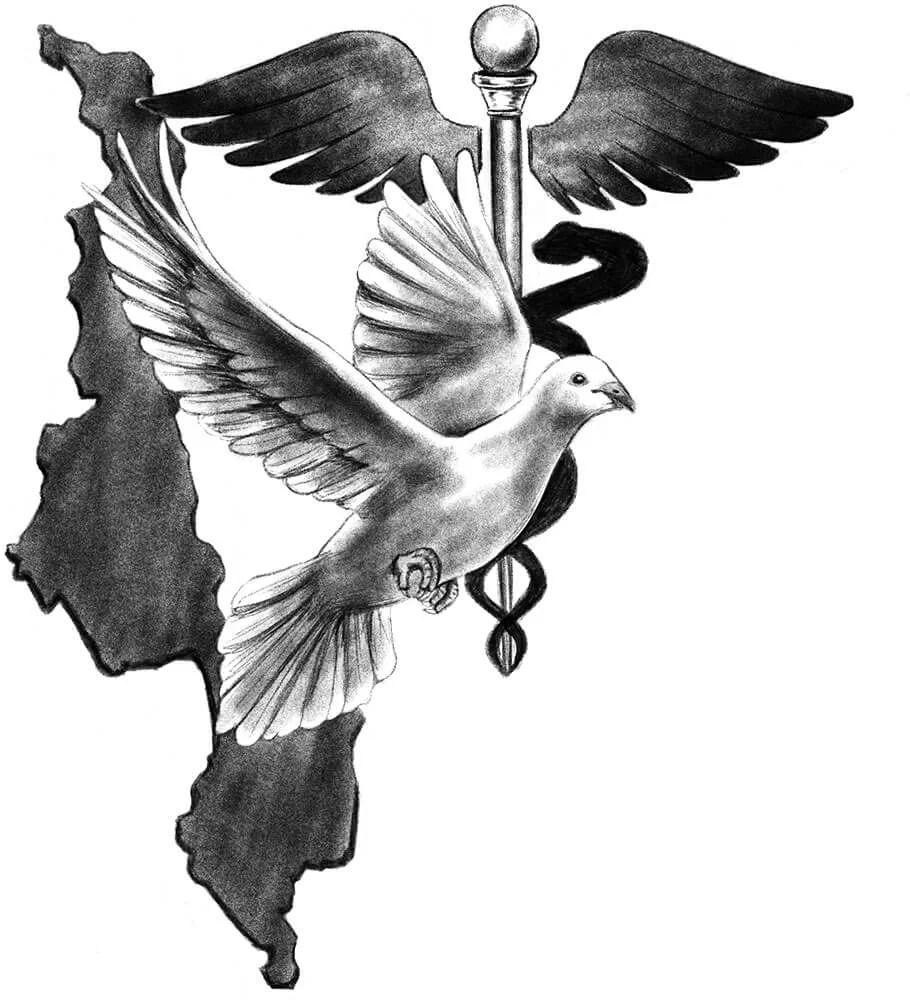
1973: Area Health Education Center (AHEC) was established to provide educational programs in areas that lacked easy access to major health centers.
1980s: The School expands work with voluntary health organizations, schools, local environmental agencies and corporations.
1985: The School of Public Health Board of Advisors is created, including various civic and advocacy groups, voluntary health organizations, professional associations, and government agencies.
1990: Gillings epidemiologists collaborate with Ulm University in Germany to create an International Summer School in Germany.
2007: Gillings professor Thomas Ricketts initiates a partnership with the French national school of public health.
2008: Gillings is designated a World Health Organization (WHO) Collaborating Center for Research Evidence for Sexual and Reproductive Health.
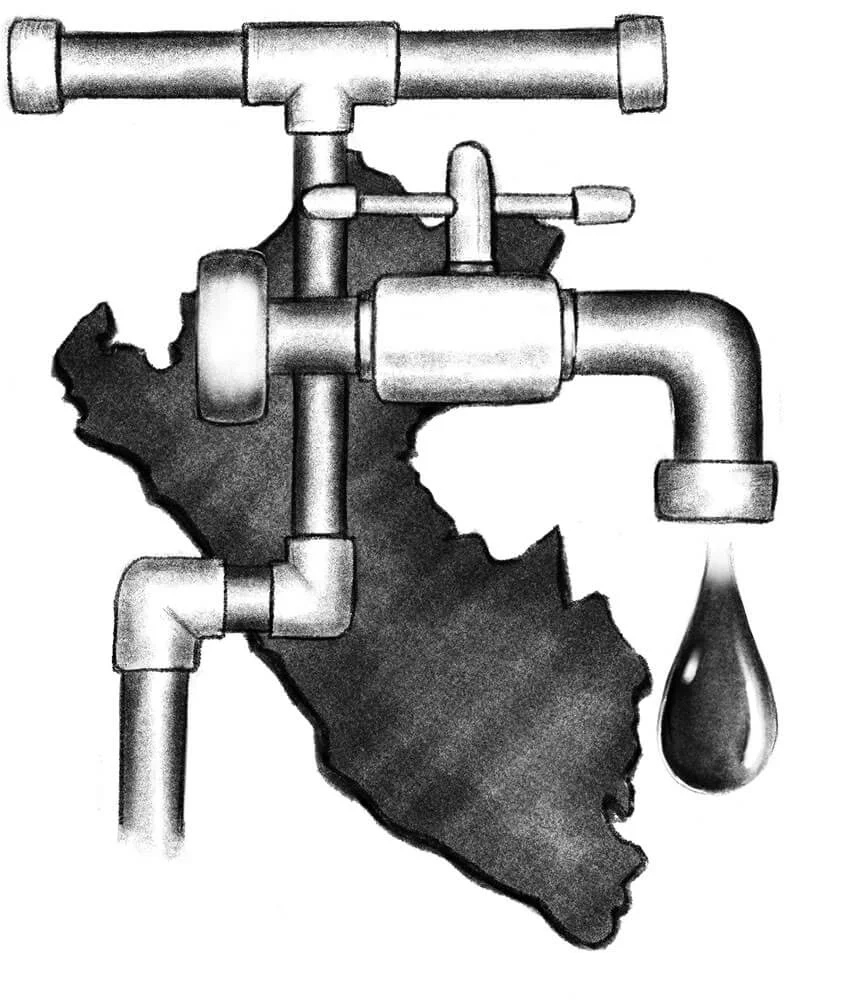
2012: Gillings forges a research partnership with the University of Cambridge that builds on the two universities’ complementary strengths and promotes multidisciplinary collaborations to undertake innovative research.
2017: The Water Institute at UNC is designated as a Pan American Health Organization/World Health Organization (PAHO/WHO) Collaborating Center for Water and Sanitation.



